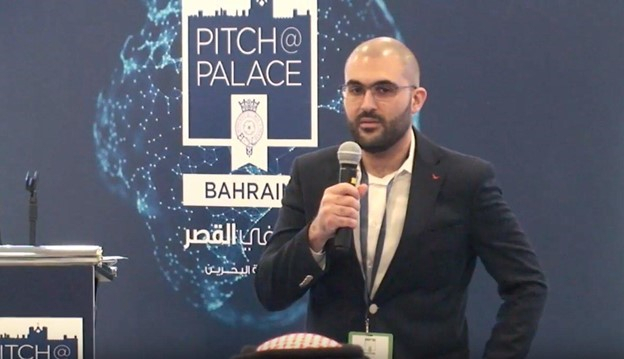
The COVID-19 pandemic will remain one of the most extraordinary occurrences of the 21st century. Its magnitude forced the world to come to a grinding halt that was unimaginable only weeks prior. Over a year later, with a clear end not quite yet in sight, we've begun to see lasting effects on society and markets.
When the world came to a standstill, Kuwaiti Venture Capital investor Abdulaziz Hayat found himself advising a number of startups in desperate need of designing and implementing measures to save the business. How does one save a viable business model that loses all cash flow, or a business model rendered obsolete by a pandemic?
An Economics undergrad from the University of San Diego, Abdulaziz Hayat obtained his graduate degree in Finance from Harvard University. Abdulaziz has served as a trusted advisor to consumer and enterprise startups in the US and MENA.
The Pandemic Forcing Businesses into Turmoil
The pandemic's toll on business can hardly be overstated. In the initial months of the crisis, uncertainty kept mounting, and there remained a palpable fear of what the future might hold. Hayat highlights that every startup financing round must be viewed as the start of a stopwatch: either you attain the goals you set for the business and raise the next round, or you run out of funds. The pandemic either pushed you over the goal line much faster, as is the case with eCommerce, or destroyed your economic outlook entirely, as is the case with travel.
Problems were either operational, financial, or a daunting mix of both. "There was either an immediate halt to the revenue stream while the business model remained viable, or the business model was no longer viable (and won't be until the end of the pandemic)", stated Abdulaziz. Amid heightened concerns, business organizations either raised money from existing investors to offset the slowdown and buy time until normalcy returned or raised money in order to pivot the entire business model and create something substantially new.
Advising Startups to Better Sustenance
Hayat's foremost recommendation to startups was to do whatever it takes to maintain their retention rates and unit economics. To those in the consumer space, Hayat suggested keeping an eye on cohort data and maintaining engagement of users acquired across all groups. If the venture dealt in enterprise software, minimizing client churn rate and maximizing time spent on the platform was kept at the core of the pandemic survival plan. Abdulaziz implored founders to not let the long-term value of an organization's clients drop below the acquisition cost in any circumstance, especially for later stage ventures with significant growth.
His urgent advice to portfolio companies was to cut all frivolous expenses and reduce the burn rate to extend runway. Raising financing rounds did not remain the sure bet that it was just months prior, especially early in the pandemic. Second, product lines that were not generating traction or revenues in the near term were no longer a priority; resources were diverted to whatever worked. If nothing worked, he directed the companies to switch to finding product-market fit via rapid product experimentation, even if that meant pivoting from consumer to enterprise or vice versa. "The early days of the pandemic were unusually severe for many of the startups I advised, and the uncertainty pushed portfolio companies to do anything to survive," Hayat disclosed.
Traversing the Hurdles Together
Abdulaziz elaborated that nobody had an easy time executing these decisions. It required the businesses to break the mould and start afresh at an atypically advanced point in their operating history. Founders had to make decisions more suited to the seed stage of a business than the growth stage. Fundamental questions about product-market fit were being asked and financial forecasts were being updated after being found to be completely irrelevant in a post-pandemic world.
"A founder tends to be as attached to their startup as they are to their family; these choices were as difficult to make as they were completely necessary", he affirms.









